
- Sustainable Planet -
- 9mins -
- 151 views
European countries accelerate green energy transition
Europe’s transition to cleaner energy has taken on a new urgency in light of current affairs, as more EU states announce plans for self-sufficient renewable power production.
Eu nations ramp up switch to green energy self-sufficiency
This month has seen a number of European nations announce accelerated plans to switch to greener energy solutions in light of the current situation on the trading bloc’s borders. In the past two weeks, six European states have declared their intentions for increased renewable power generation in order to reduce dependence on imported gas (which is after all a fossil fuel anyway); plus the EU doubles its objective for domestic biomethane production and imposes world’s first carbon emissions tariff.
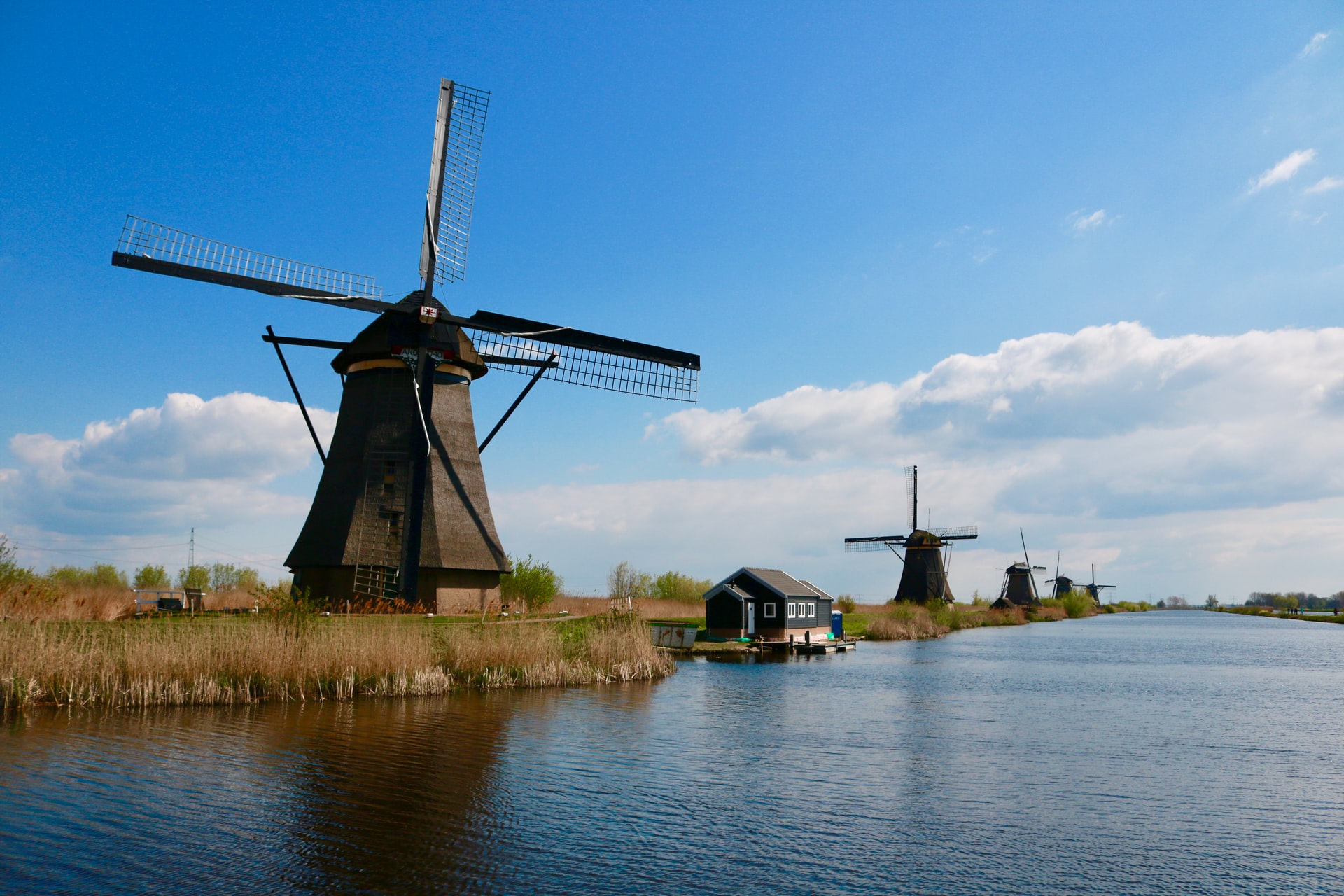
1. Netherlands to double offshore wind capacity by 2030
The Netherlands will significantly ramp up the building of offshore wind farms in coming years, doubling the planned capacity by 2030, in a bid to meet climate goals and reduce its dependence on Russian gas.
On Friday 18 March, the government announced plans for additional wind farms with a total capacity of 10.7 gigawatt (GW) to be realised by the end of the decade in the Dutch part of the North Sea, a source close to the matter said in confirmation of media reports.
Current plans aim at a total capacity of about 10 GW in offshore wind energy in 2030, with about 3 GW already operational or under construction following a series of tenders in recent years. — Reuters
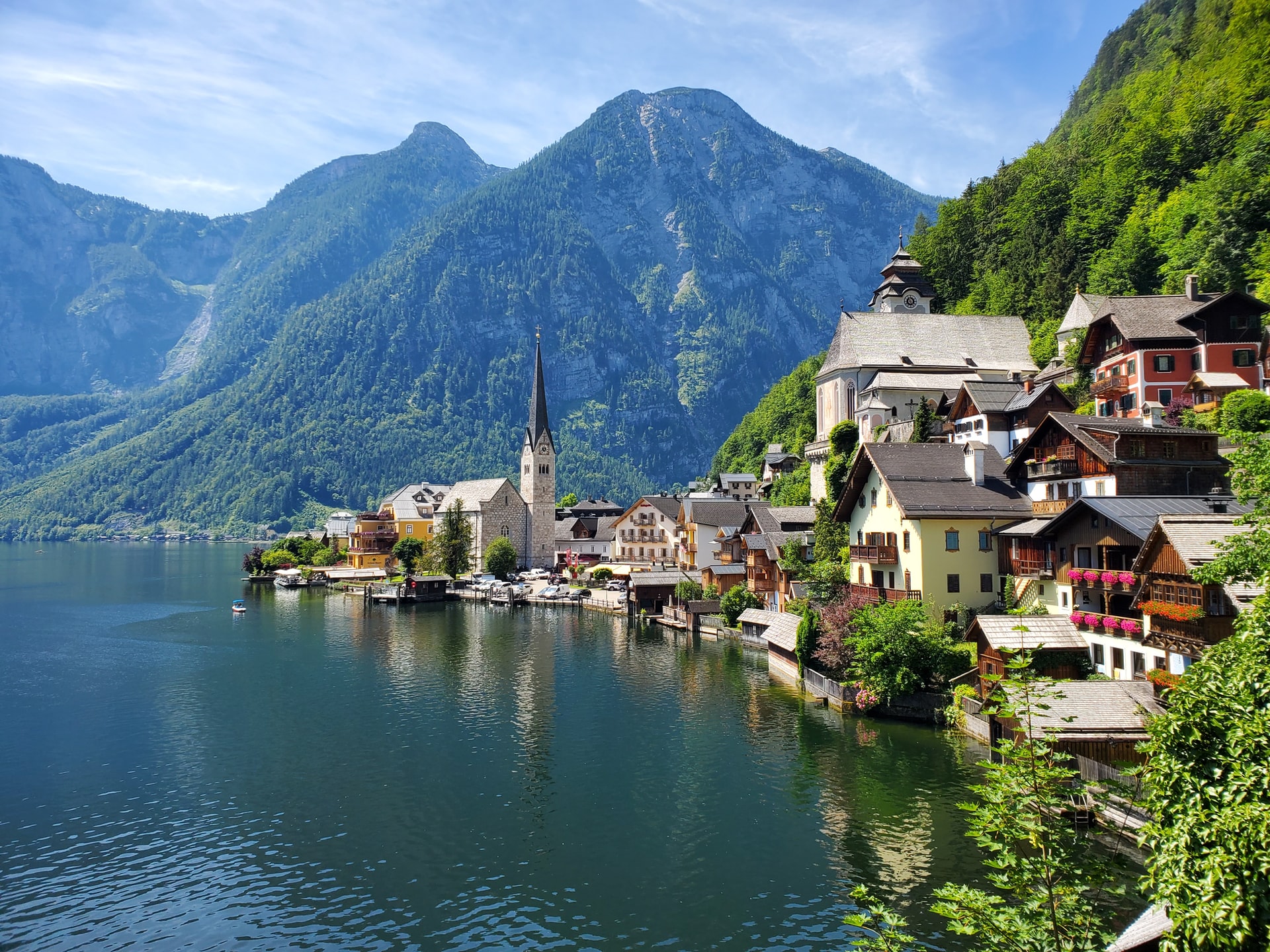
2. Austria allocates further €250million to wind and solar
The Austrian federal government has approved, on Monday, an energy package that is intended to address the energy crisis triggered by the Russian invasion of Ukraine. The package includes an “energy independence investment offensive” which includes a budget of €250 million for the development of wind power and photovoltaic projects.
The local PV association (photovoltaics) – PV Austria – welcomed the new package while also stressing the importance of implementing the secondary legislation required by the Renewable Energy Act (EAG) introduced last summer.
Austria has set itself the goal of completely converting electricity generation to renewable energies by 2030. According to PV Austria, around 11GW of installed photovoltaic capacity would be needed for this. However, Austria is still a long way from that. At the end of 2020, it exceeded the 2GW threshold. The current annual growth rate of 350 to 400MW is far from enough to reach 11GW by 2030. — PV-Magazine

3. Germany backs EU proposal to end sales of combustion engine cars from 2035
Germany backs the EU proposal to phase out the sale of combustion engine cars from 2035, dropping its earlier insistence on an exception for cars using synthetic e-fuels made with renewable energies. "The new German government stands behind the EU Commission’s draft and thus fully supports the end of the internal combustion engine for cars and vans in the EU from 2035," the environment ministry said on Twitter.
A definite phase-out of the combustion engine is a set policy in an increasing number of countries, heralding unprecedented challenges for the car industry. Germany’s powerful car industry lobby group VDA, and the transport ministry – which is now led by the pro-business Free Democrats – insisted on e-fuels as an alternative zero-emission technology to electric cars. — Clean Energy Wire

4. Mediterranean gets first offshore wind farm as Italy pledges energy revolution
The Mediterranean’s first offshore wind farm is rising from the shallows off Italy, its turbines a symbol of hope for a Europe suffering an energy crisis exacerbated by war.
The park will stretch out from the port in Taranto, a city in the south blighted by a noxious steel plant and unemployment, but which now finds itself centre stage in the country’s race to scale up green power.
The Kremlin’s invasion of Ukraine in February prompted an outraged European Union to pledge to sharply reduce its dependency on Russian gas, and expand clean energy faster to compensate.
Italy is one of Europe’s biggest guzzlers of gas, which currently represents 42% of its energy consumption. It imports 95% of the gas it uses, 45% of which comes from Russia. — France24

5. France halts gas heater subsidies and boosts heat pumps to end dependence on imported gas
France will end government subsidies for the installation of new residential gas heaters and boost support for renewable energy heating in a bid to further reduce reliance on Russian fossil fuel exports, the environment minister said on Wednesday.
As part of a government "resilience plan" aimed at helping households and companies cope with the economic fallout of Russia’s invasion of Ukraine, France wants to end its imports of Russian gas and oil by 2027.
To reduce gas demand, France will reform its "MaPrimeRenov" subsidy scheme to accelerate the replacement of fossil fuel-fired heaters with renewable heating such as heat pumps and biomass heaters, including hybrid systems. — Reuters

6. UK’s Conservative party plans big expansion of wind farms ‘to protect national security’
A massive expansion of wind farms across the UK is now needed for national security reasons, the business secretary has declared, as the government considers sweeping changes to planning laws to improve Britain’s energy independence.
Boris Johnson is planning to unveil a radical new “energy strategy” within a fortnight to ensure the UK can meet its domestic needs from a mix of renewables and nuclear. The war in Ukraine has brought further huge rises in global fossil fuel prices and exposed countries’ dependence on overseas supplies.
Remarkably, the need for more on- and offshore wind farms – traditionally a highly controversial subject in the Conservative party – is now being talked about within government as a matter of security, rather than a way of fighting climate change.
Renewables such as wind and solar power are expected to be part of the new government strategy to free Britain from dependence on imported oil and gas and spare households and businesses from the effects of wild fluctuations on global energy markets. The country’s offshore wind pipeline is now 86GW, a 60% increase in the past 12 months. — TheGuardian
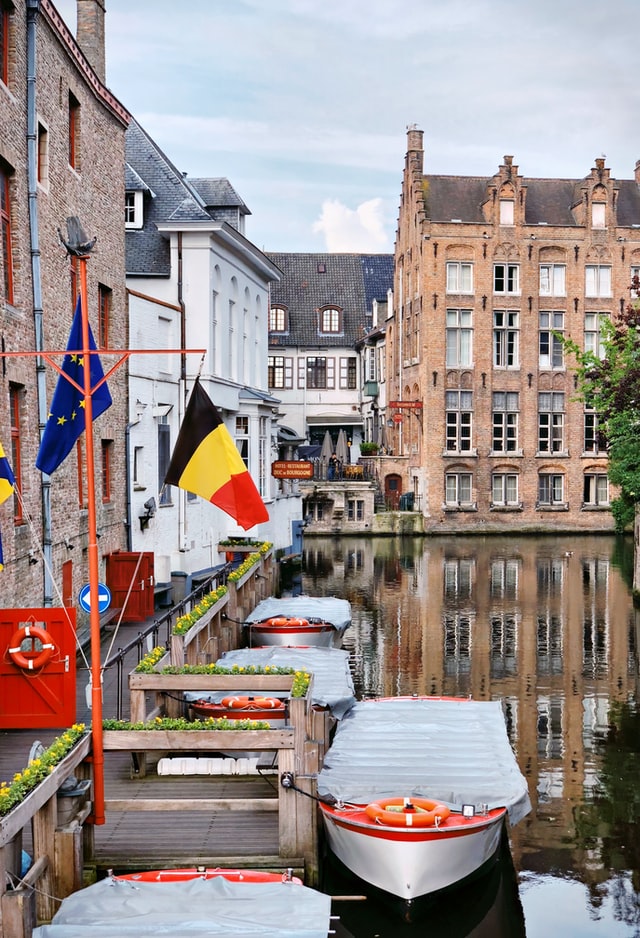
7. Belgium to Extend working Life of Nuclear Reactors By Another Decade
Belgium’s government will work to extend the life of two nuclear reactors beyond their original shutdown date of 2025 to secure supply amid record high energy prices. The energy ministry will negotiate with operator Engie SA to prolong the operation of Doel 4 and Tihange 3 reactors for a further 10 years up until 2035, the federal government said in a statement.
It will submit the draft bill on extension to the Council of Ministers by the end of March and also plans to spend 1.1 billion euros ($1.2 billion) to finance its transition to climate neutrality.
“This extension should allow to strengthen our country’s independence from fossil fuels in a chaotic geopolitical context,” the government said. — Bloomberg
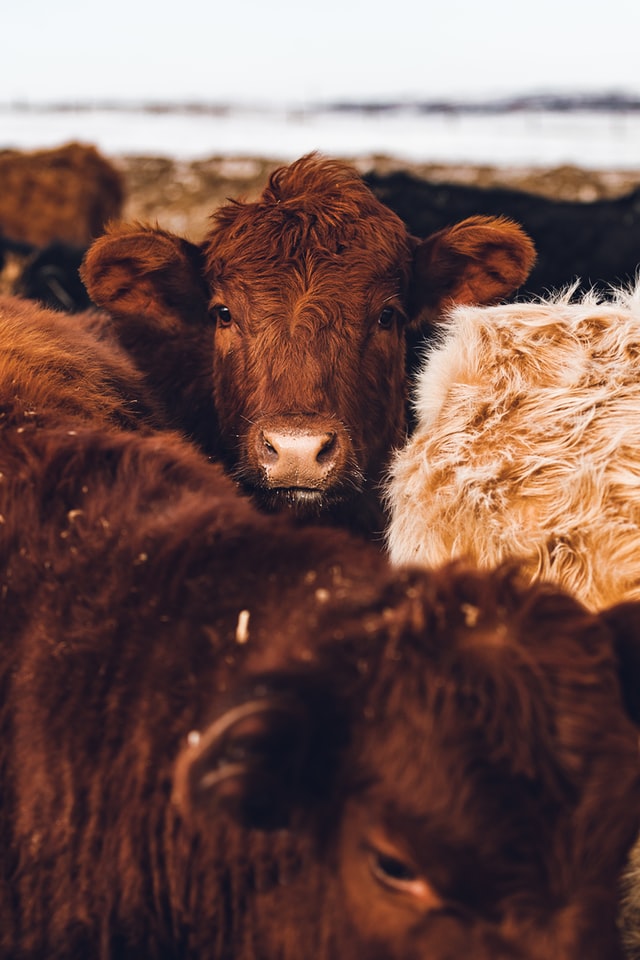
8. Commission doubles ambition for EU biomethane production from agricultural waste
The European Commission has doubled its objective for home-grown biomethane production to 35 billion cubic metres per year by 2030 as part of efforts to bolster the bloc against a looming energy crisis, according to a new communication.
In light of Russia’s invasion of Ukraine, the ‘REPowerEU’ plan, released on Tuesday (8 March), focuses on ways to make Europe independent from Russian fossil fuels before 2030, starting with gas.
To increase the resilience of the EU’s energy system, the Commission proposes a two-pronged attack, of which it lists higher levels of biomethane, or biogas, as part of one of the key pillars.
The ambition to produce 35 billion cubic metres (bcm) of biomethane per year by 2030 is double that of a previous objective set out by the EU executive in its Fit for 55 communication, which set the figure at 17 bcm.
This would see production increase tenfold across the bloc by 2030. — Euractiv
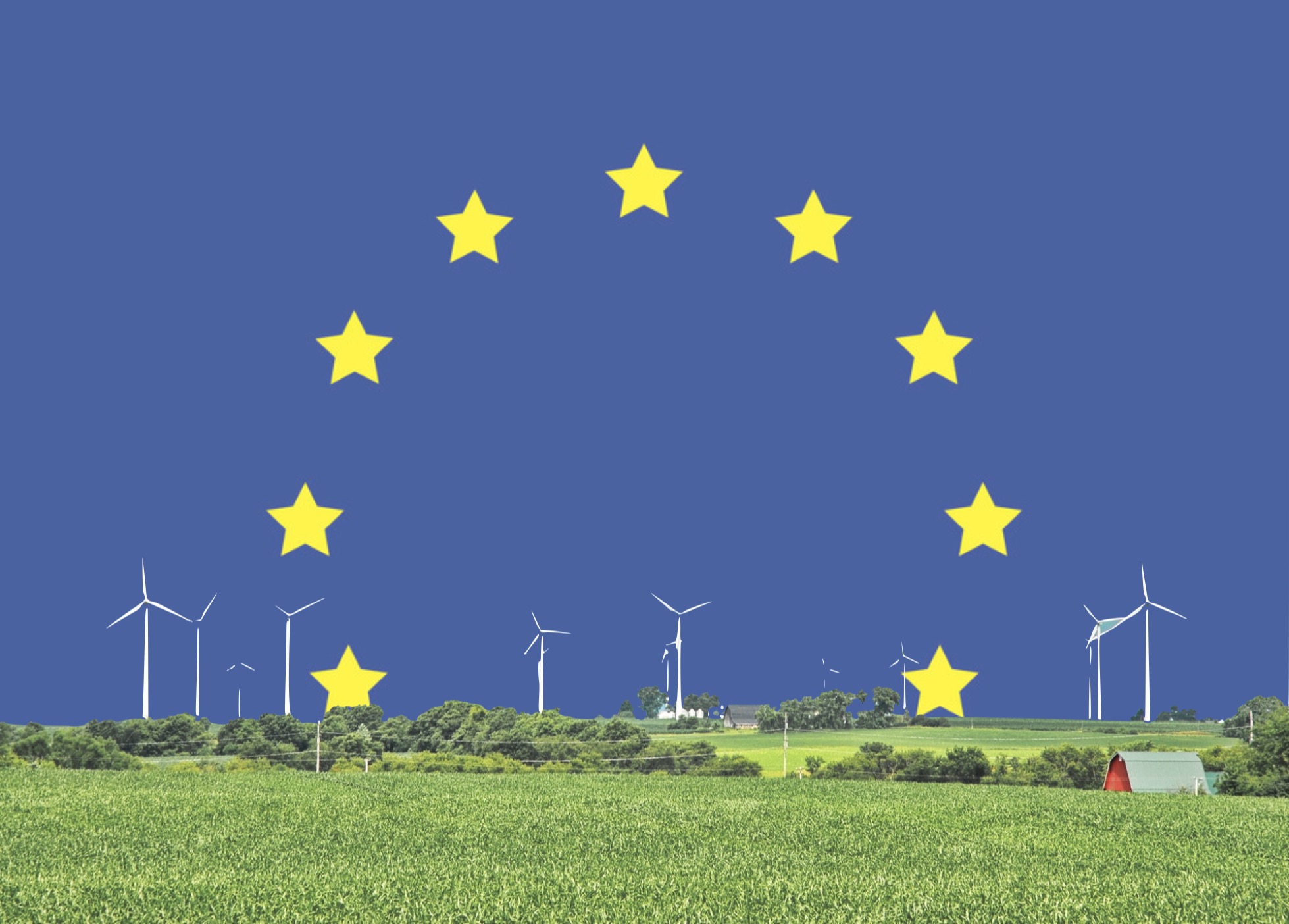
9. EU to introduce World’s first CO2 emissions tariff by 2026
Countries in the EU back the bloc’s decision to impose a world-first carbon dioxide emissions tariff on imports of polluting goods. The finer details of the plan still need to be specified in upcoming negotiations.
The EU wants to introduce CO2 emissions costs on imports of steel, cement, fertilisers, aluminium and electricity, from 2026. This is a move aimed at protecting European industry from being undercut by cheaper goods made in countries with weaker environmental rules.
A three-year transition phase for the levy would begin in 2023, so EU countries and the European parliament are racing to approve the rules this year. Finance ministers from EU countries on Tuesday agreed on their negotiating position.
The levy is part of a package of EU climate change policies designed to cut the bloc’s emissions by 55 per cent by 2030 from 1990 levels. — EuroNews


